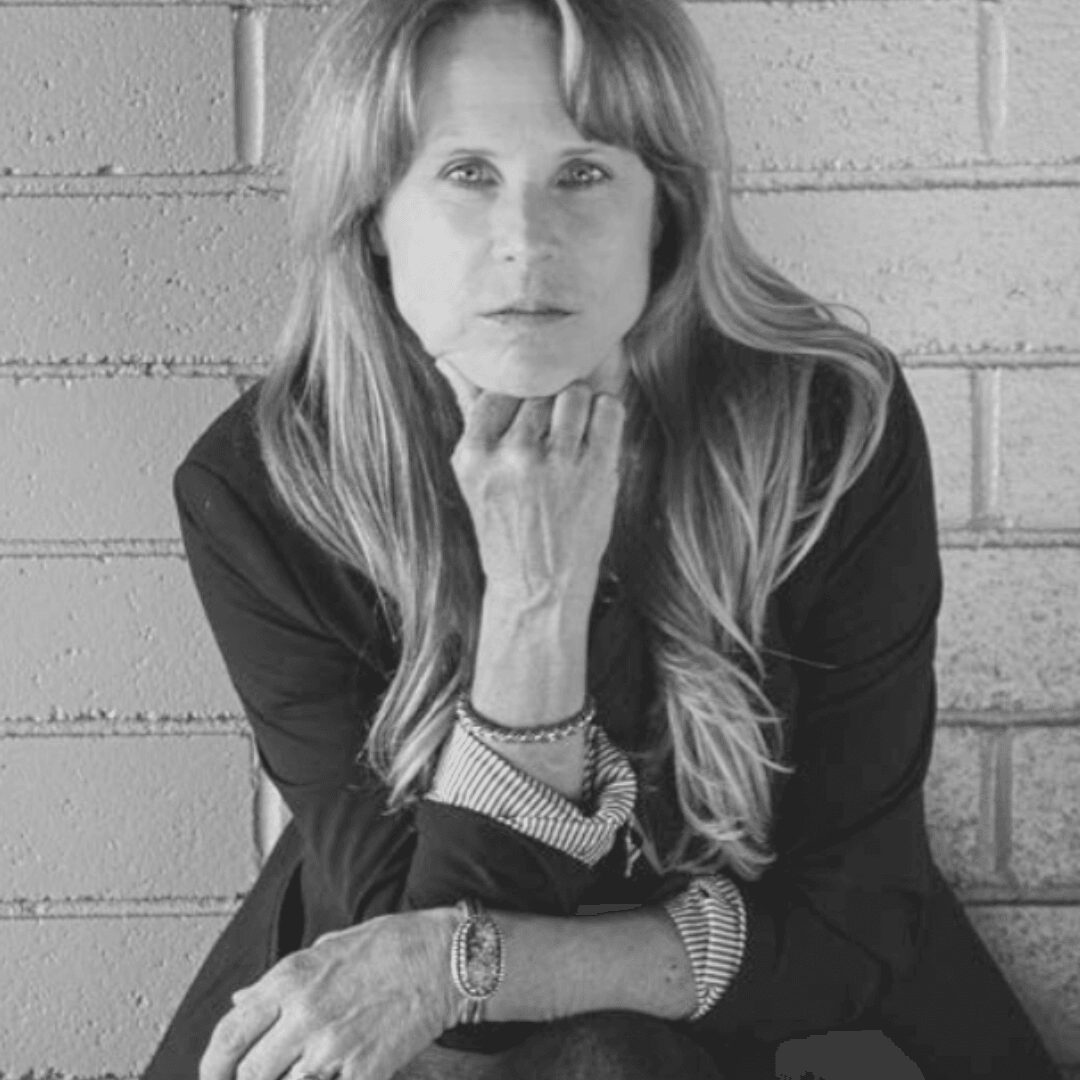We’re excited to introduce you to the always interesting and insightful Jen Hutchinson. We hope you’ll enjoy our conversation with Jen below.
Hi Jen, thank you so much for opening up with us about some important, but sometimes personal topics. One that really matters to us is overcoming Imposter Syndrome because we’ve seen how so many people are held back in life because of this and so we’d really appreciate hearing about how you overcame Imposter Syndrome.
When I became the CFO of a $35M Company, just before I turned 40, I was putting in 70 hours a week. And the painful memory that still comes up for me, was that in truth 50 or so of those hours were work, and 20 hours were spent second guessing myself, living with panic attack levels of fear, worrying that I wasn’t good enough, and waiting for someone to ‘find me out’.
It’s so unfortunate, that to this day, it’s the debilitating imposter syndrome I experienced that I remember the most—even though I had plenty of evidence that I was successful.
I added $20M to the bottom line. I helped expand the Company from 100 to 200 employees, and I had an impeccable reputation that generated heaps of trust for my Company.
But that imposter voice drowned that out and robbed me of owning and being empowered by my success. Many women out there are feeling the same way.
When I wonder why we don’t have more women leaders, today, I fully acknowledge that external discrimination is and continues to be a major obstacle.
But we also need to acknowledge together, that too many women and girls are taught that our leadership and contributions are less than men’s, or that we deserve to be paid less. When we do speak up, we often experience gaslighting and are made to feel like the bias we’re experiencing is all in our heads.
External discrimination has certainly kept women back—in particular, Black, Indigenous, and minority women—as well as lesbian, transgender, queer, and disabled women. But, I’m here to shout out that external oppression isn’t the only thing that holds us back.
It’s equally unfortunate that when we experience misogyny, and discrimination, we start to believe it ourselves. Then we believe it about ourselves. And then those beliefs—including imposter syndrome—cause us to hold ourselves back—from speaking up (for ourselves and other women) and from contributing our gifts to the world.
Today, in addition to acknowledging that external discrimination is still a major obstacle, I think it’s time we also acknowledge internalized misogyny as a formidable obstacle for women that stops us from reaching and enjoying our success in the C-Suite to many other areas of our lives.
I like to say that feminism told us to break through glass ceilings…but not through our debilitating, damaging, dysfunctional limiting beliefs. For me, they led to corporate burnout. And I left.
Fortunately, on my drive home from that last day at work, I got a nudge from the Universe in the form of an ad on my car radio advertising a new Master’s program in Social Entrepreneurship and Change. I applied that day, got in, and started the program the next month.
Social Entrepreneurship looks at solving social issues–like gender and racial inequality, homelessness, poverty, and more–by applying for profit business models that can either generate funds for nonprofits, or income for the people affected by that social issue.
During the program, I discovered that women were (and are) at the epicenter of many of the most critical social issues of our times—poverty, natural disasters, food production, and more. But they could also be at the heart of the solutions.
For example, The 2012 State of Food and Agriculture Report from the Food and Agriculture Organization of the United Nations stated that if “women had the same access to productive resources as men, they could increase yields on their farms by. 20–30 percent. Which the report cites, could feed an additional 80-100 million people on the planet.” And, according to a Study by UN Women,” When women are included in peace processes, there is a 20% increase in the probability of an agreement lasting at least 2 years and a 35% increase in the probability of an agreement lasting at least 15 years.”
I started documenting this phenomenon and eventually published a blog called #thefaxx, which aggregates examples—or faxx—from news articles, journals, and publications for writers, academics, and changemakers to use to pursue equality and social justice.
Discovering this knowledge dealt a massive blow to my imposter syndrome. It allowed me to see my past and future contributions in a whole new light. It illuminated for me that my leadership was important and impactful, and that gave me the motivation to do the personal development work to overcome my imposter syndrome. I’m not an imposter. I’m a global gamechanger, which is what I always wanted to be. And I’m here to tell you that you can be too.
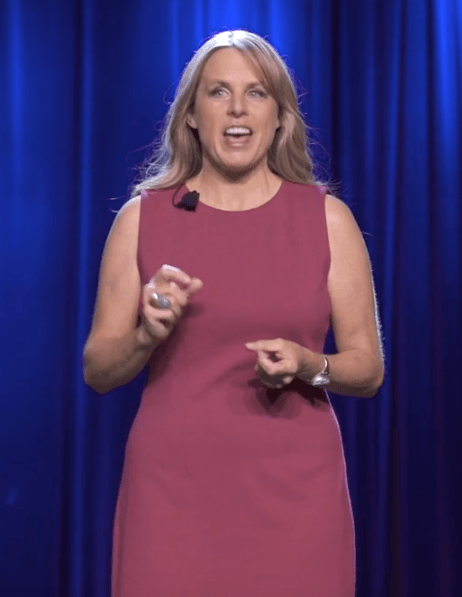
Appreciate the insights and wisdom. Before we dig deeper and ask you about the skills that matter and more, maybe you can tell our readers about yourself?
After sharing my experience with imposter syndrome with other women and hearing so many similar stories, it became clear to me that in addition to #thefaxx, which tell women how valuable and powerful our unique contributions are in the world, there’s a further need to empower women to make the change only they can make in the world.
So, this fall, I will launch my feminist wellness retreats, workshops, and webinars for women executive leaders, and for changemakers, feminists, cultural creatives, and social justice activists.
First and foremost, I want to raise women’s consciousness that the obstacles of imposter syndrome and limiting beliefs have less to do with their character or abilities and more to do with the psychosocial obstacles that are unique to women living in our patriarchal culture.
These programs, then, are introducing a new approach to women’s holistic self-care.
Just as we need exercise for our overall health and well-being, women executive leaders need to address the psychosocial challenges—discrimination, toxic masculinity, and gaslighting—in the workplace, which, I know from experience, contribute to feelings of impostor syndrome and lead to burnout.
We may not be able to change the status quo overnight, but by empowering and retaining women in the workplace through the strategies outlined in my programs, we can reduce burnout and overwhelm and improve work-life balance. As supported by #thefaxx empirical evidence—this will lead to significant change, making companies more profitable and innovative and enhancing work culture.
For women change-makers and social activists advocating for gender equality, anti-racism, LGBTQIA+ rights, and more diverse leadership to address climate change, we need to acknowledge and address the burnout and fatigue that can erode your confidence and motivation to continue in your causes. My programs illuminate how your feminist wellness self-care is itself resistance against the status quo. I include strategies for resilience and power-sharing to dismantle the silos patriarchy and the feminist movement creates to keep women from working together. More women change-makers create critical mass and velocity for the diverse leadership and solutions the world is calling for.
All my feminist wellness programs provide a safe space and a community of supportive, like-minded women. If you believe a group program would benefit women in your workplace, nonprofit, or social enterprise, or if you are interested in retreats, webinars, and workshops for individuals, you can find all the information at www.feminist-wellness.com. Let’s change the world together!
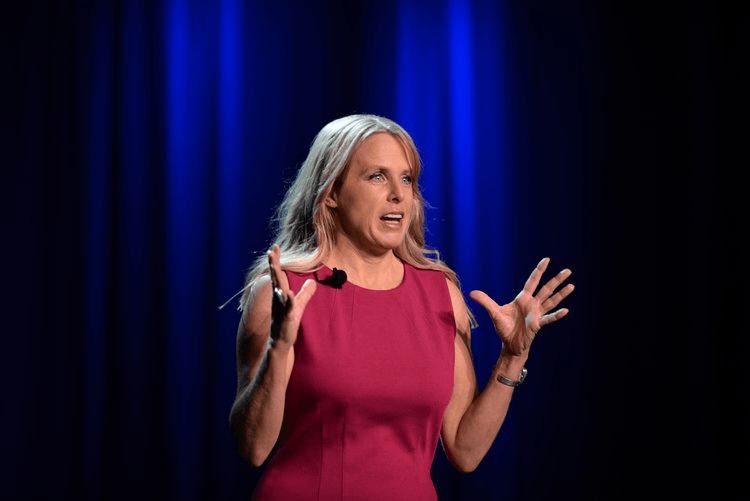
If you had to pick three qualities that are most important to develop, which three would you say matter most?
Listen to that internal voice or the nudges from the universe that say, ‘This way to your purpose.’ When I was in kindergarten, the Girl Scouts came to our school, and there was this immediate recognition of something… service to others that called to me deeply and loudly. My mom had just signed me up for some other activity. But when I found the Master’s program—even though I had been on a long detour on the road to my purpose—I made that my Girl Scout moment. That set me on my path again and minted my work and career as a social entrepreneur, to be of service to others and to the planet. And by the way, that was in my forties. It’s not too late to pursue your purpose or to start now.
Find a community of like-minded women. On-tap support and encouragement are crucial for women leaders and changemakers. As are the accountability and inspiration they provide for for work. It will propel you further and faster.
I wouldn’t be where I am today without perseverance—especially the women-centric support that my programs can now provide. You need support, but you have to have the fire and determination to keep going because the cause is greater than yourself.
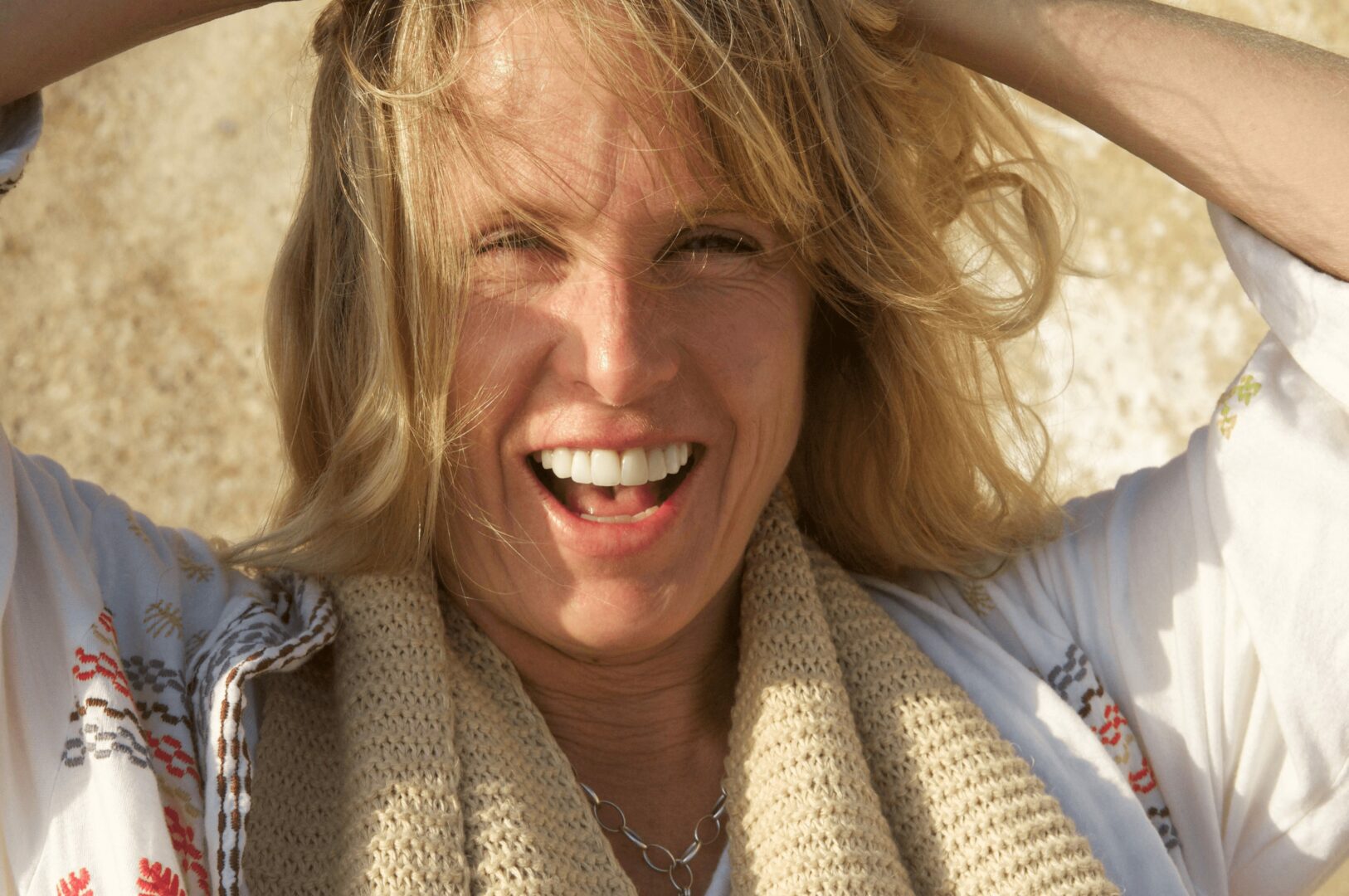
Is there a particular challenge you are currently facing?
Today various factors are undermining the impact of feminism on society, such as the misperception of man-hating, the criticism of ‘white’ feminism, the complacency of previous feminist generations, and the disillusionment of current generations regarding its relevance. And It’s crucial not to let these factors diminish the potential influence of women’s leadership in shaping a more peaceful, prosperous, inclusive, and livable future for everyone.
As evidenced by #thefaxx, when women assume leadership roles across different sectors, including politics, business, and sustainability. We’re seeing a shift towards more inclusive and diverse decision-making processes. This shift brings unique perspectives and problem-solving approaches that drive positive change in society. Research indicates that women prioritize issues affecting women, families, and communities, leading to policies and initiatives that benefit a wider range of people.
From this perspective, gender equality—the driving force behind the movement—can take on a new urgency, ultimately leading to a better world for all, not just women. As Generation Z inherits a set of complex issues, I hope they recognize the value of embracing this new direction for feminism.
In my feminist wellness programs, I include education and consciousness-raising activities to shine a light on how the movement has been affected by the underrepresentation of minorities and other women. Their absence hindered the critical mass and momentum of the movement. By discussing the benefits of diverse perspectives in decision-making and problem-solving, as well as providing strategies for power sharing in my curriculum, my goal is to help steer the movement toward a more inclusive and diverse future.
Contact Info:
- Website: www.the-faxx.com, www.feminist-wellness.com
- Linkedin: https://www.linkedin.com/in/jenhutchinson/
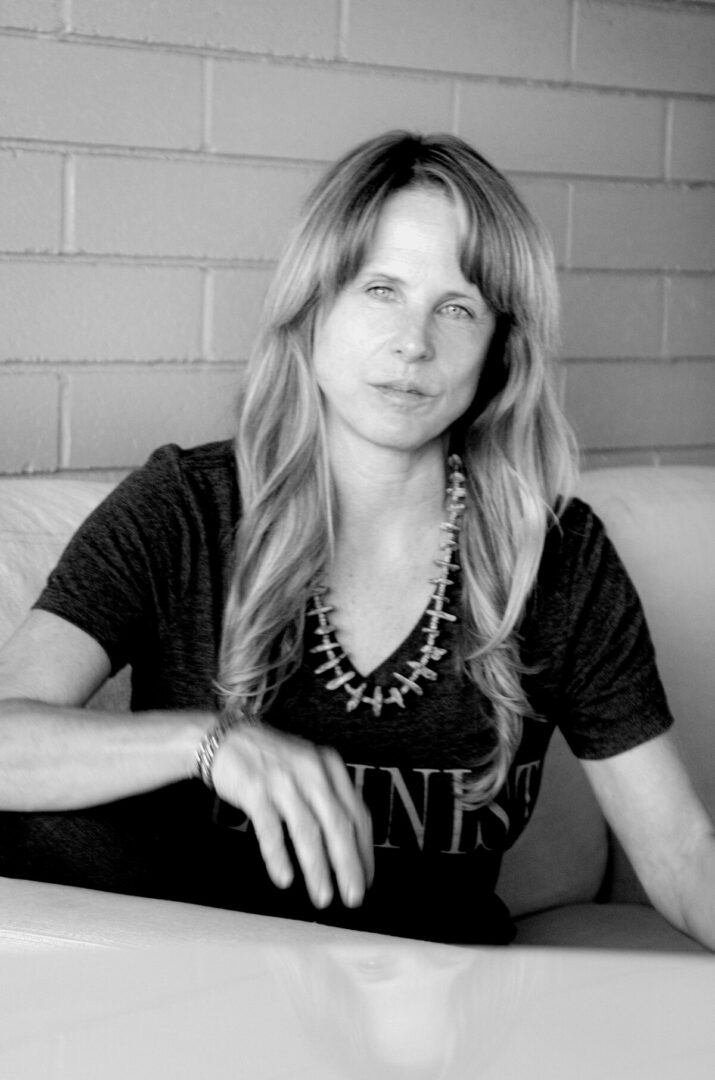
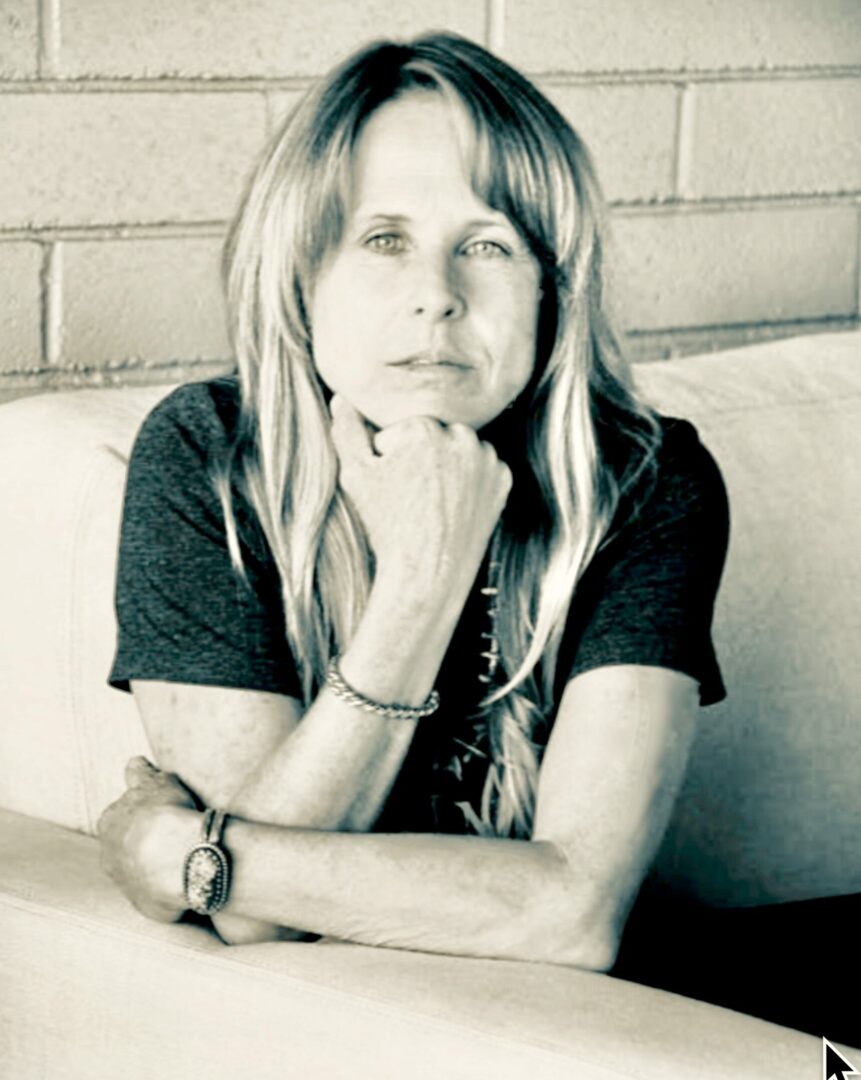
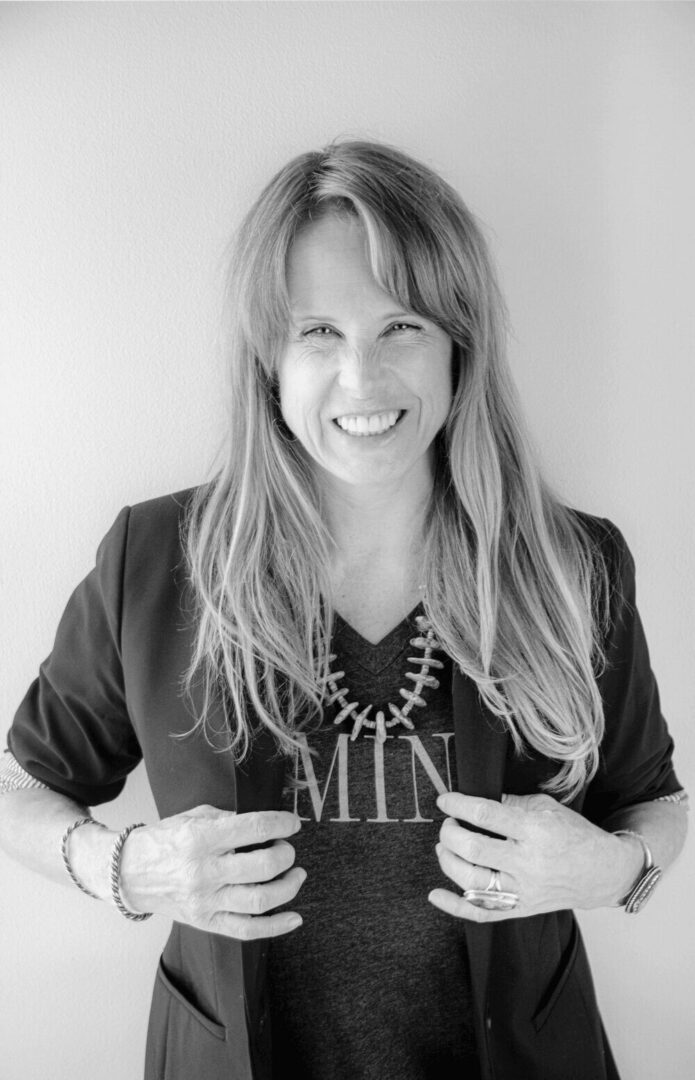
Image Credits
Jana Pesek (all pix except the stage pix)
Stephen Oliveira (stage pix)
so if you or someone you know deserves recognition please let us know here.

